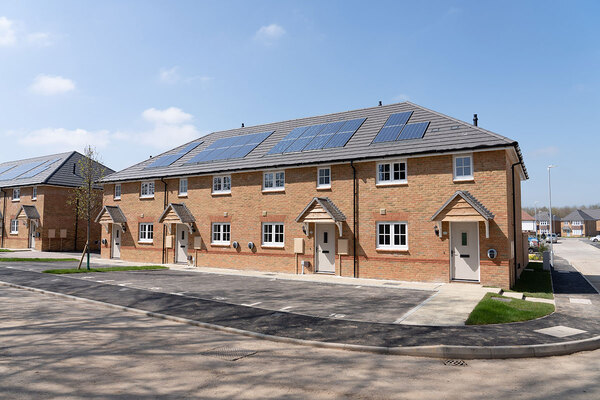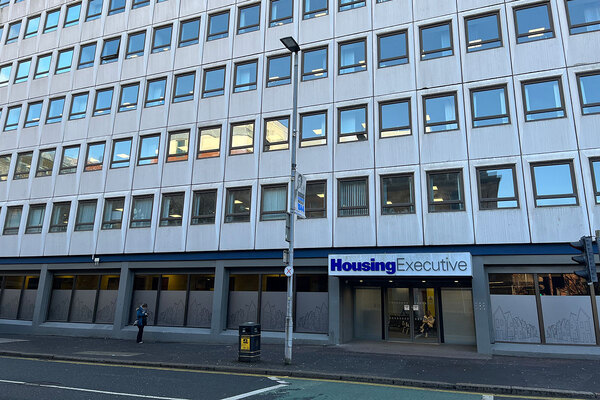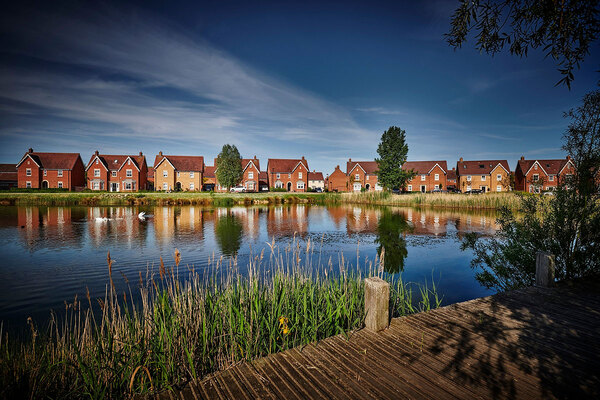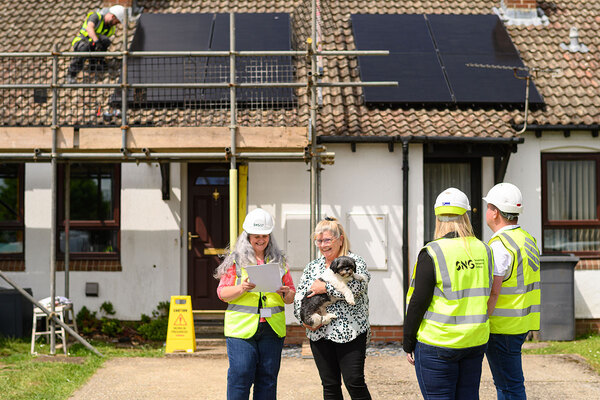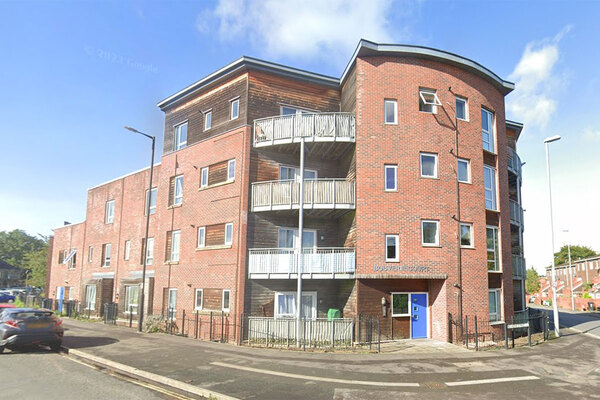
Nick Atkin is chief executive of Yorkshire Housing
Retrofit to the rescue?
The energy crisis and soaring bills must lead to change in the way social landlords do business, says Nick Atkin
This month saw the energy price cap increase by 54% due to a record increase in global gas prices. This has left many people worried about being able to keep their homes warm and put food on the table.
Customers on default tariffs and pre-payment meters are facing price hikes of more than £700 per year. This means those on the lowest incomes will be disproportionally affected. Even worse is to come as bills are set to rise again in October just as the colder weather and dark nights set in.
A perfect storm has hit our customers hard. As landlords we are also facing our own challenges, not least how we retrofit 4.4 million homes by 2050. As our customers face spiralling energy bills and the biggest drop in living standards since 1956, is it time for us to rethink how we deliver our retrofit programmes and look at our new build plans?
Around 21% of the UK’s carbon emissions come from our homes. In October 2020, the Environmental Audit Committee heard evidence that retrofitting homes with energy-efficiency measures was difficult in the UK because it has the oldest and least efficient housing.
Add into the mix that just 1.8% of new homes in England meet the top efficiency rating, which means the other 98.2% needs to use more energy to heat.
There’s been a shift to modern methods of construction to address this, but the speed of change is woefully slow. Modular homes can have an energy performance certificate (EPC) rating of A, so why are we settling for B or C-rated homes?
The Japanese automotive industry adopts an approach: Kaizen, which means continuous improvement or change for the better. Is now the time for housing providers to adopt these same principals?
The energy crisis hasn’t just happened. It’s been years in the making, born out of a lack of strategic planning and ambition and inconsistent energy policies.
“Far too many new homes are still being commissioned with gas boilers, no solar PV and no electric vehicle chargers”
The situation in Ukraine has shown just how exposed the UK energy market is to global events. The UK is much less reliant than Germany or Italy on Russian gas, but we’re still the biggest consumer in Europe after Germany, and 10th largest in the world.
Far too many new homes are still being commissioned with gas boilers, no solar PV and no electric vehicle chargers. The technology exists to make our homes greener.
At Yorkshire Housing, we are phasing out the use of gas in new homes from this year. All new homes commissioned from 2022 will be gas-free. We are also setting our own net zero standard that goes far beyond government targets.
From 2026, our new homes will not only be gas free but also use underfloor heating downstairs and radiators upstairs to make heating more efficient, solar panels will generate electricity for the customer and national grid, they’ll have super insulated walls, roofs, floors, and use triple glazing to maximise thermal efficiency.
According to a report from the House of Commons, greener and more energy-efficient buildings could see most people’s energy bills slashed by £270 a year.
We’ve always championed a fabric-first approach to retrofit, but we need to work more quickly to identify our least energy-efficient homes so that we can install cost-saving alternatives to gas and solid fuel systems earlier than planned. Technology such as battery storage, heat pumps, solar panels all while ensuring homes are properly insulated and ventilated.
There’s a huge cost associated with retrofit that as landlords alone we cannot absorb. Research commissioned by the National Housing Federation highlighted how reaching net zero by 2050 will cost £36bn more than the £70bn the sector already plans to invest.
Landlords can access funding through the Social Housing Decarbonisation Fund (SHDF), but this money will only go so far, and it simply isn’t enough. Closer collaboration between house builders, utility companies, customers and local and national governments can help us drive down costs and speed up our progress.
“Eradicating fuel poverty and upgrading the quality of our homes could create 500,000 green jobs and positively contribute to the national levelling-up agenda”
Yorkshire Housing are proud members of the West Yorkshire Housing Partnership (WYHP), where all the main social housing providers have come together to build more and better homes.
In February the WYHP was awarded combined funding of £10m by the SHDF in a join bid with the West Yorkshire Combined Authority. This will improve the energy efficiency and reduce the carbon footprint of more than 1,300 homes across West Yorkshire.
Climate targets cannot be achieved without retrofitting our existing sustainable homes. Improving the energy efficiency of low-income households will be crucial to reducing their bills, not just now but forever. Retrofit will only be a success if we engage in meaningful conversations with our customers.
The idea of replacing a heating system which you’ve been used to all your life is a daunting prospect for many people and will require us to demonstrate the benefits. The recommendations from the Northern Housing Consortium’s Social Housing Tenants’ Climate Jury must serve as a ‘lightbulb moment’ for the sector.
Eradicating fuel poverty and upgrading the quality of our homes could create 500,000 green jobs and positively contribute to the national levelling-up agenda.
The energy crisis must be the wake-up call that finally drives home the critical importance of making energy efficiency a national priority, not just to protect consumers but to also play our part in achieving the UK’s net zero ambitions.
Nick Atkin, chief executive, Yorkshire Housing
Sign up for our asset management newsletter
Already have an account? Click here to manage your newsletters






